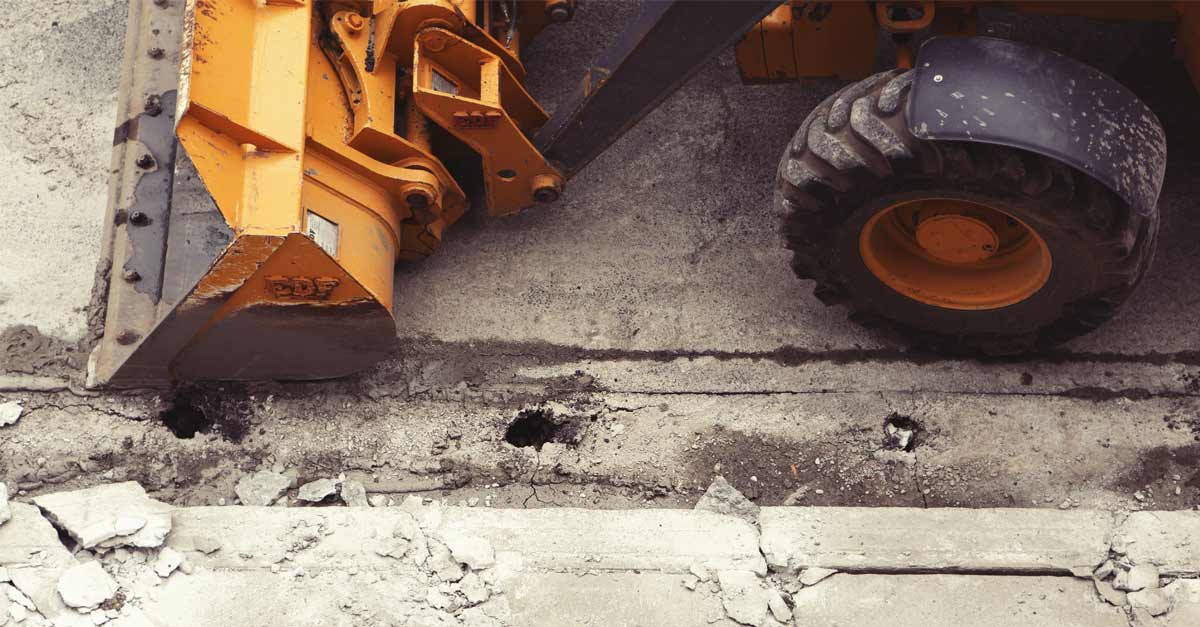Heavy Equipment Operator Jobs: 2 Ways to Move Up
You know your way around a bulldozer. Backhoes and skid steers? No problem. And you’ve got the safety skills down.
But are you thinking about what’s next?
There are two primary paths for heavy equipment operators to advance and increase their earnings: specializing in a specific piece of equipment or transitioning into a leadership role.
One thing’s for sure — construction is booming. That means there’s a strong demand for qualified workers, especially heavy equipment operators (HEOs). The U.S. Bureau of Labor Statistics projects 10% job growth for HEOs in the coming decade, which is faster than the average for all occupations and aligns with our on-the-ground experience.
Heavy Equipment Operator Job Description
Heavy equipment operators are essential to construction, infrastructure and industrial projects. Their primary role is to operate machinery used in building roads, bridges, buildings and more. However, the job extends beyond simply driving or maneuvering equipment.
A typical heavy equipment operator job description includes:
● Operating equipment such as bulldozers, excavators, backhoes and skid steers
● Inspecting and maintaining machinery to ensure safe and efficient operation
● Following safety protocols and site regulations
● Reading and interpreting blueprints or site plans
● Collaborating with other crew members to meet project goals
To succeed in this role, operators need a combination of mechanical aptitude, physical stamina, attention to detail and safety awareness. Certifications in equipment use or site safety, such as OSHA 10 or NCCER, can give candidates a competitive edge.
As job sites evolve with new technology, so does the role of the professional. Today’s heavy equipment operator may also need experience with GPS-based systems and digital controls.
If you're looking to grow in this career, understanding the full scope of the heavy equipment operator job description can help you identify your next move, whether that’s mastering a specialized machine or stepping into a leadership role.
1. Master a Machine, Maximize Your Value
One sure way to get ahead — and increase your take-home pay — is to specialize in using a specific machine, especially ones that use technology like GPS and lasers.
It’s one thing to move 100 pounds of dirt from one place to another, but it’s another thing to cut a piece of grade at a 10th of an inch over a half mile. That’s where things get tricky. That’s why those skills are in demand and pay well.
So, when do you know you are ready to specialize? A heavy machinery operator with hands-on experience — usually 3–5 years on the job — and a working knowledge of basic equipment is typically able to specialize.
Once you’ve mastered a piece of equipment, it becomes your calling card.
2. From Heavy Equipment Operator to Superintendent: How to Move Up
Becoming a foreperson or superintendent is a natural career progression for a heavy equipment operator interested in a leadership role.
HEOs who move into these roles typically share these qualities:
● They’re disciplined
● They have experience with different equipment
● They’re team players
● They’re looking for longevity
Given this list, it’s no surprise that military veterans often succeed in transitioning into leadership positions. They know what it takes to be part of a team and make it succeed.
Even if you’re just beginning to consider if a leadership role is right for you, try to get as much information as you can from people who have experience and perspective in heavy equipment operating.

Build a Heavy Equipment Operator Career Plan
Once you decide where you want to go in your career, you’ll need a plan to get there. With the strong demand for qualified HEOs, you’ll have opportunities to gain relevant experience, whether that means operating GPS machinery or moving into leadership.
One option is contract work, where you can select and choose the gigs that align with your objectives and collaborate with a recruiter to develop a long-term plan. It is helpful to work with an agency and a recruiter who has connections in the industry.
On-the-Job Training for Heavy Equipment Operators: Learn While You Work
If you want to be a specialist or a foreperson, use your current gig as on-the-job training. Get to know the operator of the equipment you’re interested in. Ask questions. Observe what your manager does. If you’re capable of taking some of the workload from your boss, volunteer to step up.
You’ll gain valuable experience and get noticed at the same time. And you’ll be one step closer to your goal.
